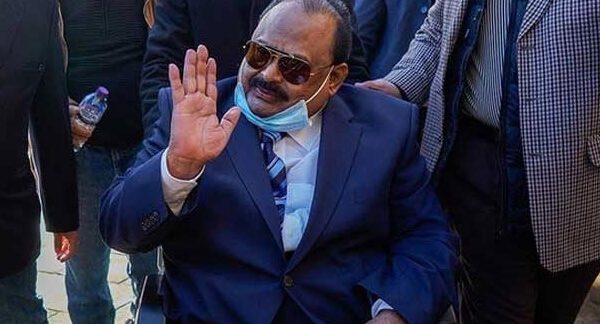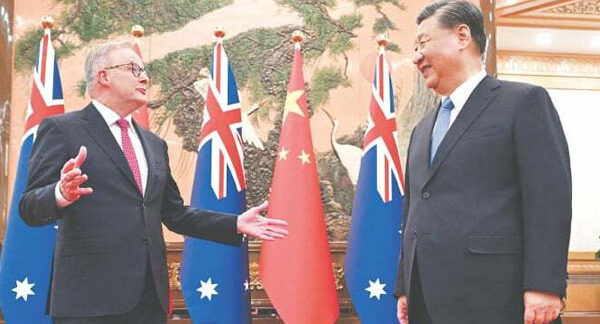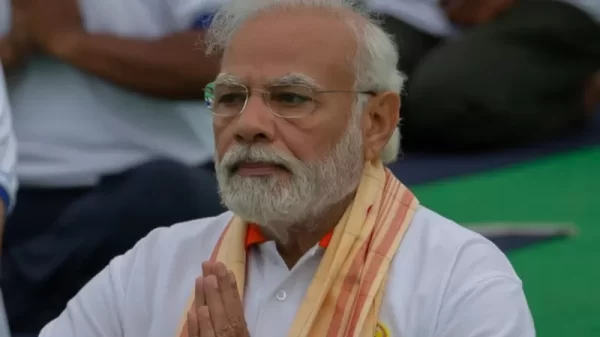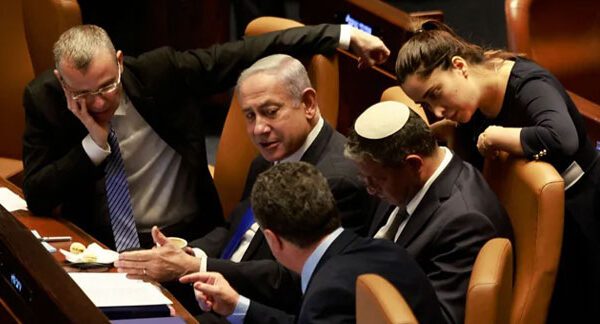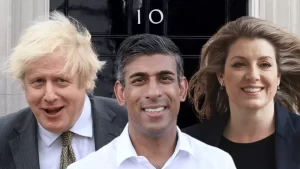What will be the benefit of Pakistan getting out of the FATF gray list?
After the removal of Pakistan from the gray list by the Financial Action Task Force (FATF), an international organization that monitors money laundering and financing of terrorism, it is being shown that this important development will be possible for Pakistan. There will be benefit and ease will be created for the country.
The Financial Action Task Force, an international organization on terrorism and terror financing, finally removed Pakistan from its gray list after four years yesterday. Since 2018, Pakistan has been a part of this list and many times there was an impression that Pakistan might be put in the blacklist.
But the question is, what will be the next course of action and what ease can be created for Pakistan by leaving this list?
What are the benefits of delisting?
According to experts, after leaving this list, the door of investment will be opened for Pakistan at the international level for the improvement of the country’s economy and direct investment in the country will be possible because due to its presence in the gray list, any International companies were reluctant to invest in Pakistan or trust banks.
It may take some time to restore that trust. But this is a rare opportunity for Pakistan’s banking sector to strengthen itself. And this is only possible if the laws made under FATF recommendations are followed in the country.
Haroon Sharif, former chairman of the Board of Investment and an analyst, while talking to the BBC, said that it is a welcome thing for Pakistan that “it has finally been removed from the Enhanced Monitoring List by FATF.”
“Now Pakistan will come under regular monitoring, which will provide a great facility in the banking sector, under which the aid given to Pakistan to help the flood victims will now easily flow into local banks and this money will be checked less.” Will be.’
He said that ‘informal trade, which was heavily restricted, will also decrease.’
Why did it take so long to get out of the gray list?
Haroon Sharif said that “by the way, we should have left the gray list after the last session of Fataf.”
From the year 2018 to 2022, Pakistan had to complete all the recommendations regarding which FATF had prepared a complete plan for Pakistan. It took all this time to complete these 34 recommendations.
Pakistan has made laws to stop supporting terrorism, but how will they be implemented now?
Haroon Sharif said that there will be a need to strengthen the institutions by bringing reforms. So that any suspicious transaction is found, immediate action is taken against that group or against that individual or against that company. And the initiative should be such that people outside Pakistan take note of it.
Uzair Younis, director of the Pakistan Initiative at the Atlantic Council think tank, says that the direct economic benefits of getting out of FATF’s gray list may not be visible, but at least we have avoided the risk of being blacklisted. Is.’
Speaking to the BBC, Uzair Younis said that ‘when a country is on the FATF gray list, it becomes very difficult to convince foreign companies and institutions to invest in that country because Being on FATF’s gray list creates problems in financial transactions.’
He said that now that Pakistan has come out of this list, once again international companies will be willing to invest directly in Pakistan.
However, Uzair said that it is a slow phase, so it will take some time to see its effects on the economy, but it is good that we are not going to be blacklisted or grayed. will.’
What will Pakistan have to do to stay out of the gray list in the future?
When we asked Uzair Younis about the way to stay out of this list in the future, he said that there were two parts to being on the FATF gray list, one of which is to strengthen the financial system and prevent money laundering. On the other hand, at the internal level, it was necessary to tighten the siege against those individuals and organizations that are under international sanctions.
He said that ‘if such organizations and individuals come out in a new form and start operating in Pakistan again, then it is not unlikely that once we get out of the gray list, we will get into this list again.’
Uzair Younis said that “Pakistan has aligned its financial system with FATF’s recommendations after much struggle, but keeping the ground situation under control will be as important as the financial system.” To the system.’

